From Khulo to Namakhvani to Gardabani, Georgia’s Activists in Spotlight
Georgia’s current political crisis pushes numberless pressing issues the country is facing into the background. Civil Georgia spoke to activists from different corners of the country, who alone or as part of larger movements, are mobilizing public opinion on issues like the rights of ethnic or religious minorities, women, labor rights, and the construction of the controversial Namakhvani hydropower plant. Here is what they have to say:
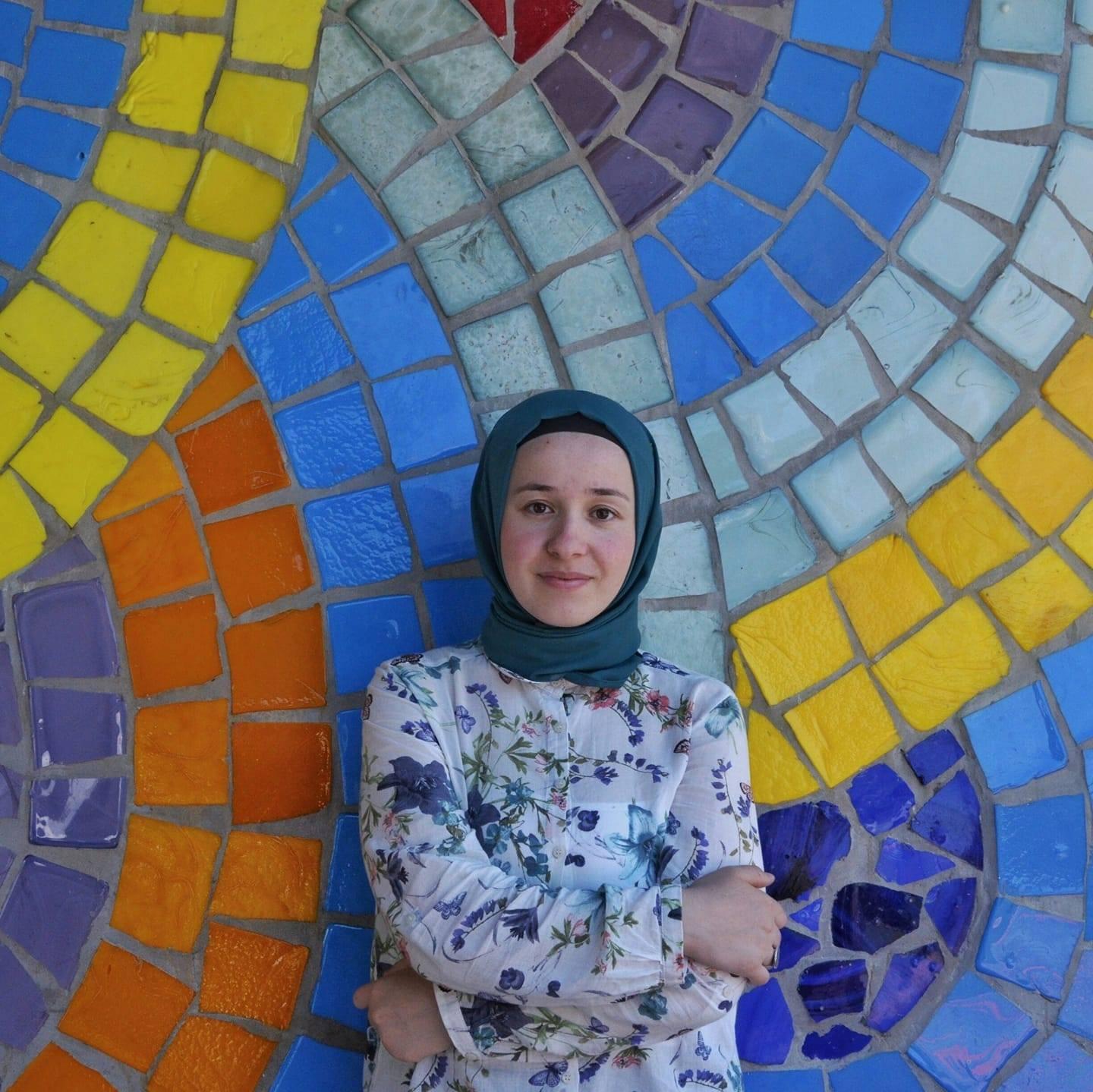
Hurie is a clinical psychologist from the coastal city of Batumi. It was a set of problems daily faced by the Muslim Georgian community, as well as her personal struggles – “as a woman with a headscarf” – to be regarded as Georgian that pushed her into activism once. Speaking about major issues of her community, Hurie recalls confrontations on a religious basis and “permanent row” of Muslims with the state to achieve the recognition of their constitutional rights – to freely build Mosques, to be entitled to uninterrupted prayers.
“The Buknari incident has well demonstrated the challenges the Muslim community faces, our perception as ‘others’ by the state and dominant groups,” she tells Civil.ge.
Raising the visibility of Muslim women is no less important, Hurie believes, including shaping their perception as independent, strong women who can freely stand up for their rights, or speak up against the employment hurdles for those who wear headscarves. „Social-economic and political problems in the country are shared concerns and the participation of Muslim community in this process is critically important,” says the activist who now tries to push more active participation of the Muslim community in civil life. So far, Georgian Muslims are only thought of during campaigns and religious holidays – and attempted to be silenced between the elections, she tells us with regret.
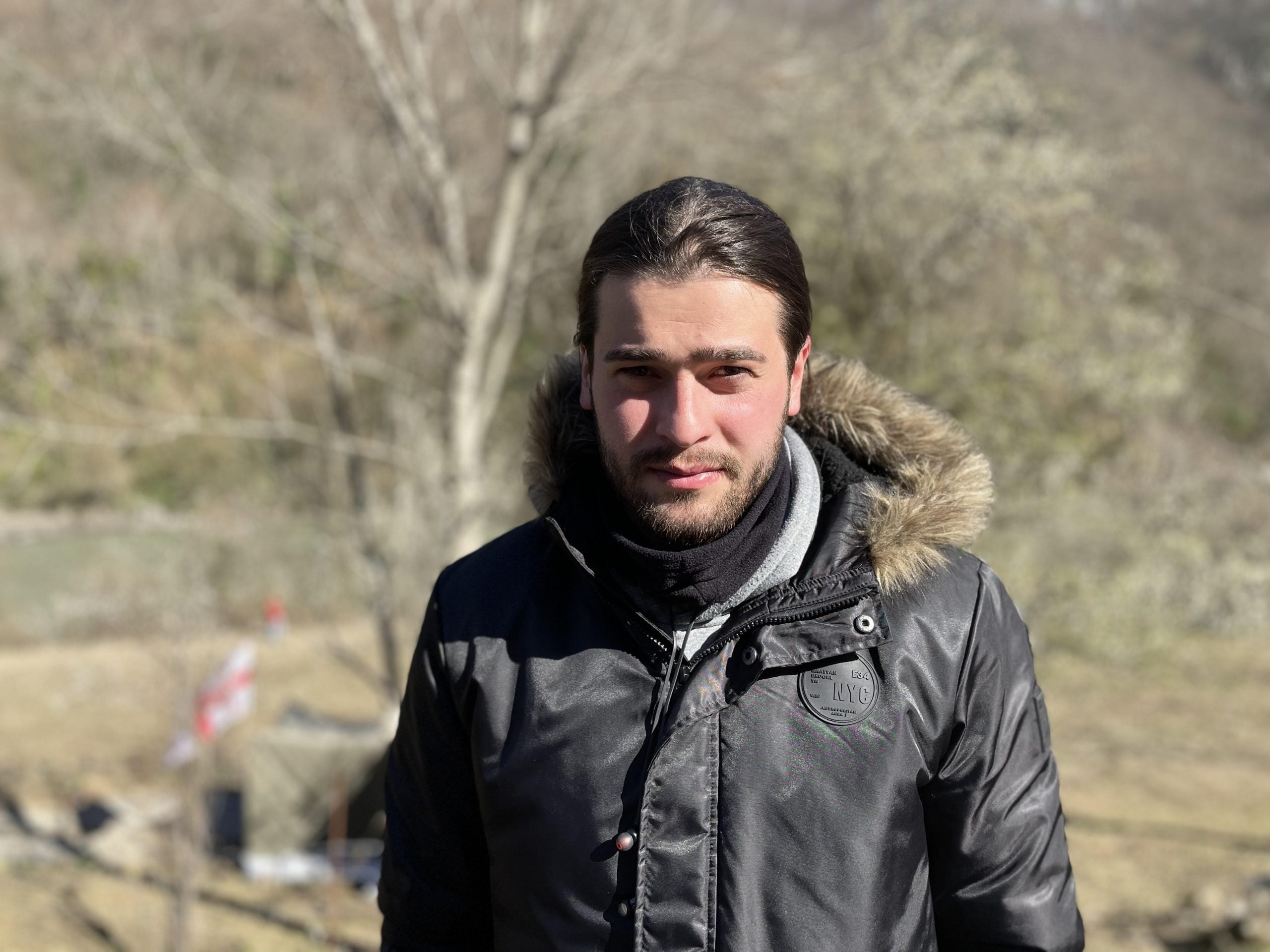
A resident of the Western Georgian city of Kutaisi, Varlam regularly visited the famous wine-producing Tvishi village of the nearby Lechkhumi region to take care of agricultural activities. He tells Civil.ge that his personal matters are now forgotten, since he is one of the key activists taking turns in tents for months in Namakhvani village, to protest the controversial hydropower plant project that is planned to be constructed there. The leading activist joined the resistance some 3 years ago, while others in Rioni Valley have been opposing the regularly resurfacing project for over a decade.
“We have no right to stop and will fight for our truth as long as we can physically afford it,” he tells Civil.ge.
Pointing at the overall complexity of the HPP issue, Varlam warns against misinterpreting the cause as a fight against development or energetic security. He calls the government’s agreement with the investor “anti-state,” harmful both for the national budget and the public interest. Varlam says activists merely fight for all this to be done correctly and with integrity rather than serving somebody else’s self-interests or pockets: “If others try to learn more about what is going on here, I am convinced they will have that spark when you understand that you cannot stop or turn a blind eye anymore.”
Since the interview, thousands have hit the streets in central Kutaisi twice recently to protest the controversial powerplant construction. Varlam hopes that the increased number of supporters help solve the problem.
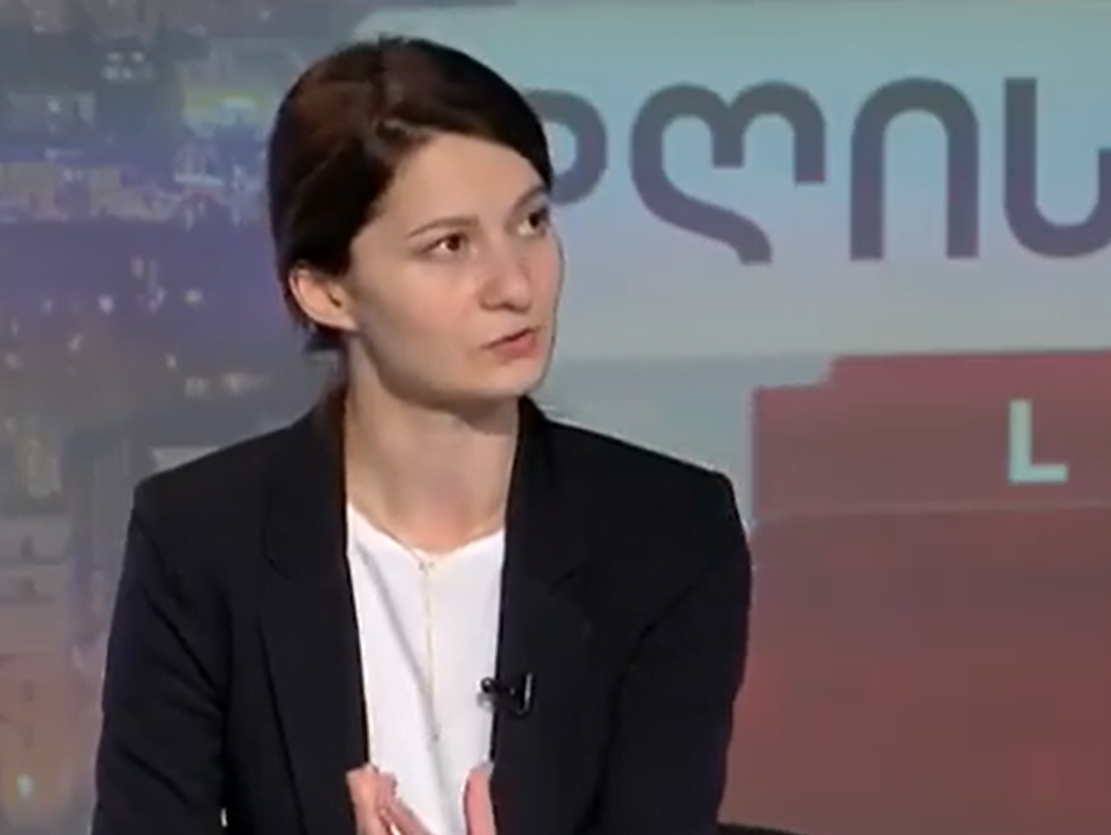
Social worker and gender researcher by training, for Ketevan Khutsishvili it was during her work in the Social Service Agency, the main government provider of social care, when her image and ideas about her profession, formed during her university years, crumbled. Ketevan says excessive workload was preventing her from doing the job right, upholding the highest standards of professional ethics, or taking additional training. Understanding that, aside from herself, these conditions also harmed beneficiaries – citizens who rely on a social worker – became a turning point for her to do “whatever she could.” In 2019, Ketevan and other social workers organized a strike to demand proper working conditions, setting a precedent for other professional communities working in public service.
“Regardless of the outcomes, the mere fact that this is possible and we could use [the strike] in our fight is something to be proud of,” she tells us.
Today, Ketevan heads the independent Social Workers’ Union, focusing on labor rights and conditions of her colleagues. She says social work in itself involves fight on a daily basis – when helping others first you learn how to fight for others and then how to fight for yourself and your colleagues.“I simply know that you cannot stop and stay silent, this is a crime before the professional mandate and this is why we chose labor union as a fighting method,” the activist concludes.
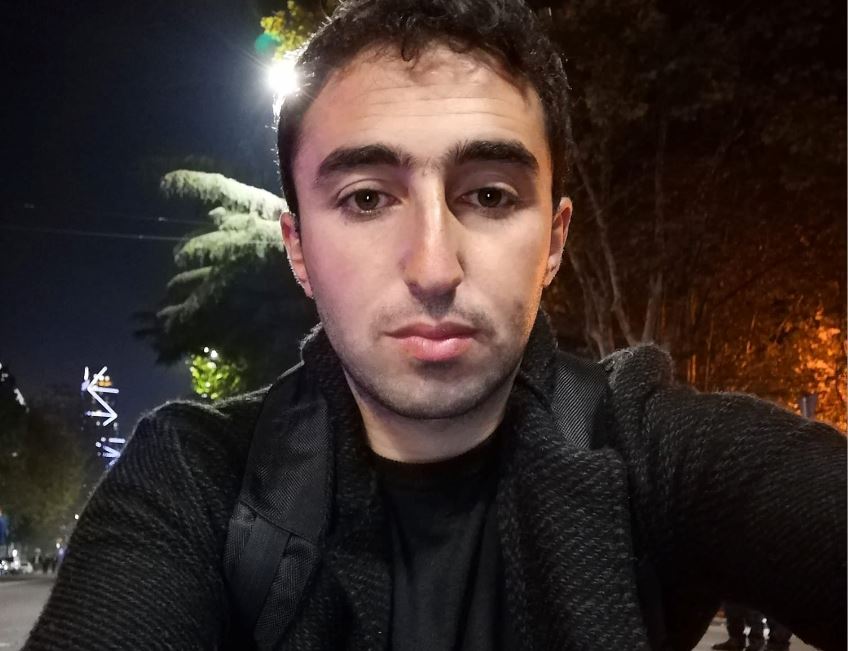
Based in Uchmana village of predominantly ethnic Armenian settled Ninotsminda municipality, the southern Samtskhe-Javakheti region, Tigran Tarzyan has been actively engaged in various initiatives for tackling local challenges. He co-founded “Youth for Democratic Changes” – a CSO composed of young people from his region – and now focuses with his colleagues on the civil integration of ethnic minorities. They have since implemented projects aimed to counter impacts of disinformation and propaganda in the ethnic Armenian community, or at changing their attitudes towards voter intimidation during election campaigns – the problems that keep making headlines over the decades now.
Tigran reckons that the language barrier makes a key challenge, among others, particularly with respect to education, despite many programs implemented to tackle the issue. “Another challenge for ethnic minorities is their passive engagement in civil and political processes,” he says, blaming it on the lack of available information, passivity on part of political parties, the lack of party resources, and, again – language barriers.
“To solve the problem, more efforts to integrate ethnic minorities are needed on part of the state, as well as political parties and civil society outfits,” he concludes.
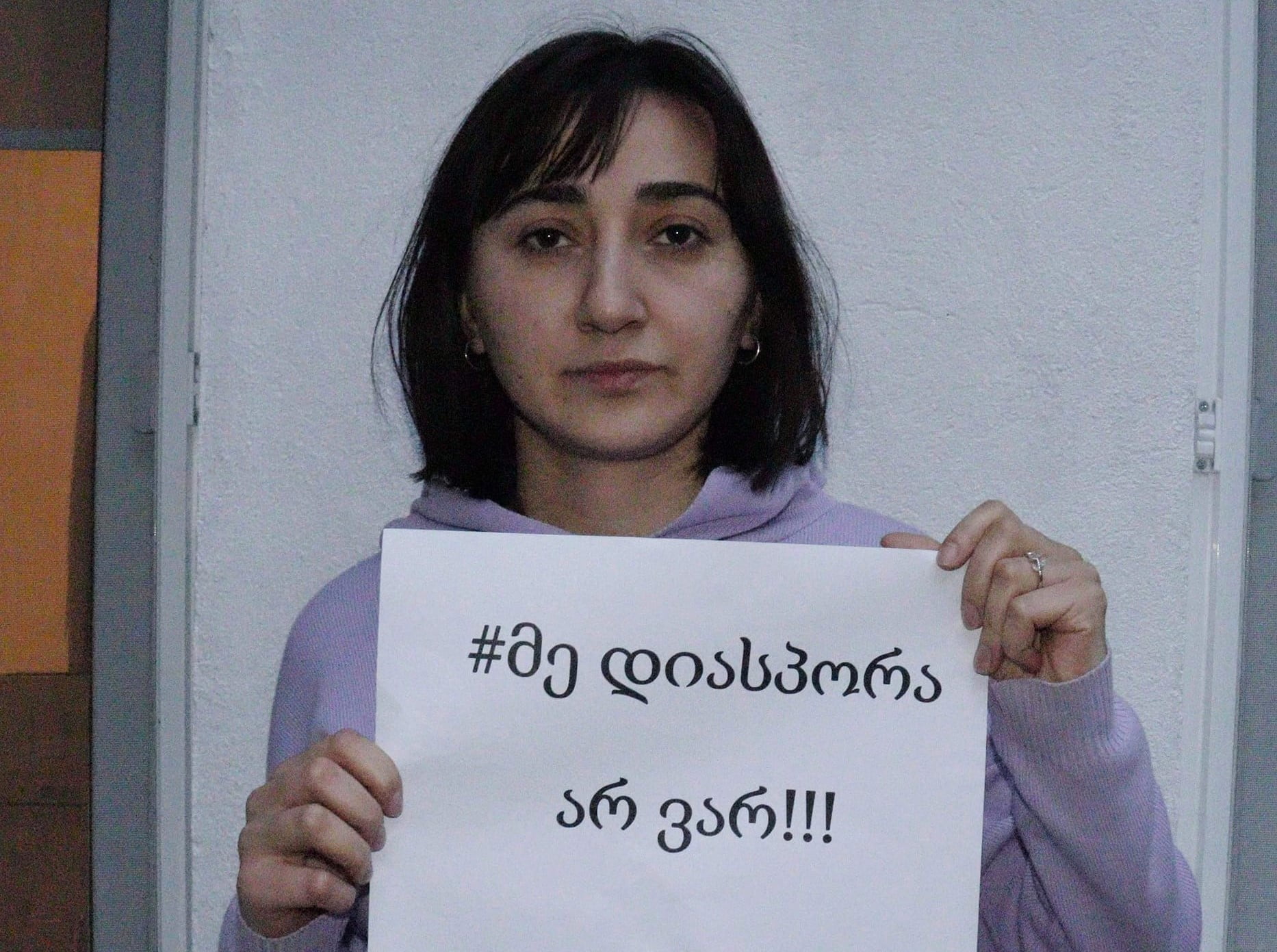
We first noticed Aitaj as she was speaking up about educational challenges faced by Georgia’s ethnic minorities. Now Aitaj tells Civil Georgia that she was merely talking from her own experience. Originally from Vakhtangeti village near Gardabani, southern Kvemo Kartli region, she first took interest in civic issues as a schoolgirl but turned into a full-time activist in 2019 when joining the Salam platform. The group works on problems of ethnic minorities, predominantly with the Azeri community in Kvemo Kartli. As Aitaj puts it, those problems are “many, versatile, and diverse.”
Currently based in Tbilisi, Aitaj and her colleagues regularly volunteer to visit local villager communities and study challenges on-site.
“Those honestly willing to engage with such problems need to work at local levels, visit, talk with these people,” rather than managing things remotely, she believes.
Such visits showed remaining problems with respect to infrastructure, language, land, etc. Aitaj says there are also significant flaws regarding schools and education, such as shortage of Georgian language teachers and ignoring of higher age groups when working with language problems. “We do not intend to arrive at the place and solve problems for people. What matters for us is to help create self-organizing practices at local levels,” Aitaj notes.
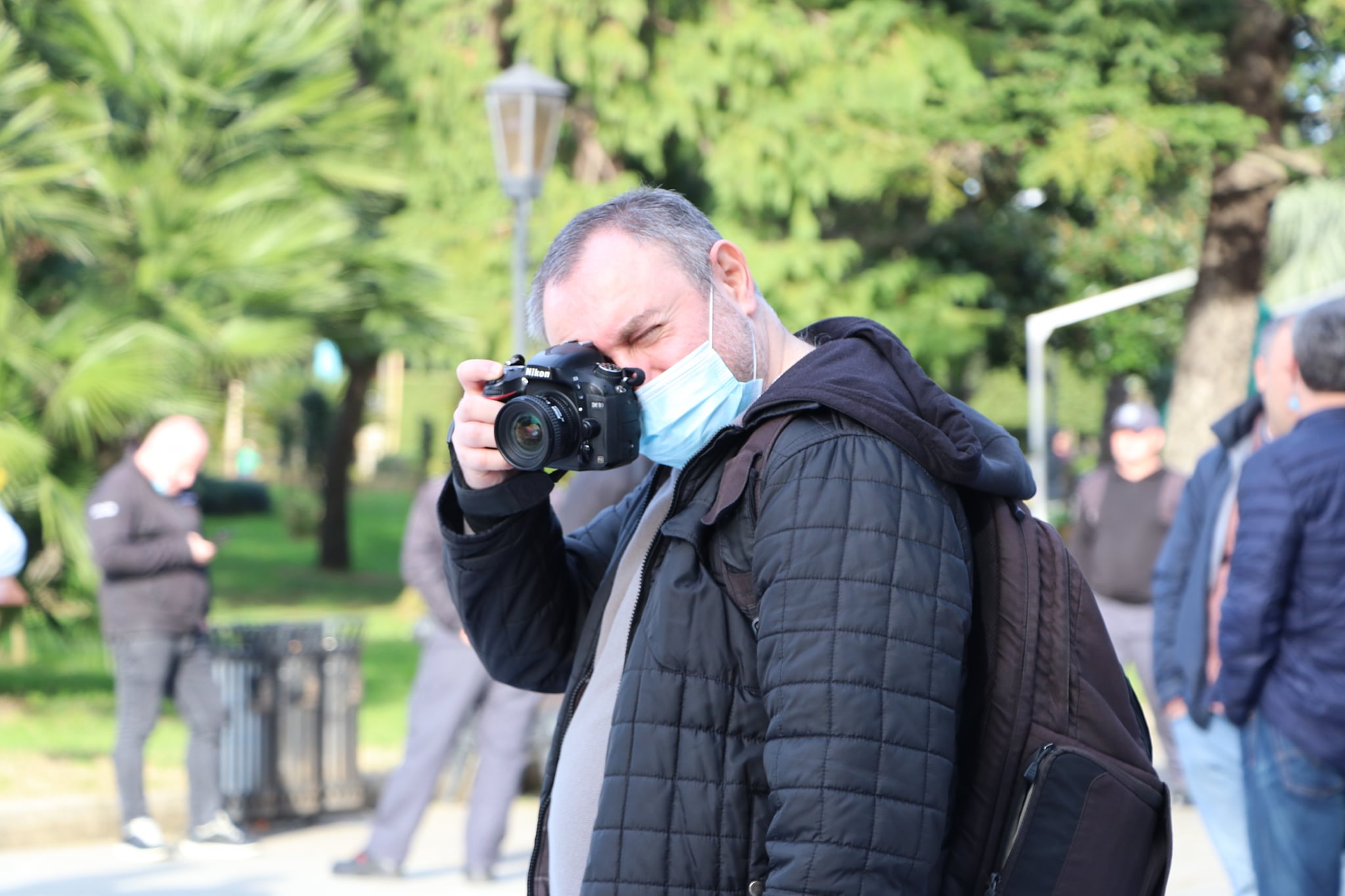
Shota is a film director and activist from Batumi. He says he had always sensed the value of culture and architecture of his city and acquired one of the largest collections of Batumi’s old photographs over time. What turned him into an activist were the Georgian Government’s destructive activities that started some 15 years ago with the annihilation of cultural heritage in Batumi, he tells us.
The activist believes that developmentalism at the expense of cultural heritage “cannot be perceived as steps taken towards the country’s development but is rather a tangled scheme of deals, which gets further tangled as more people try to engage in this ‘mafia.”
Shota is currently involved in activist movements, government councils, and is a member of the International Council on Monuments and Sites (ICOMOS). He says, however, that the efforts rarely bear fruit as huge power, money, and influences stand on the other side, “and there is a logical outcome that the most important thing this country has – the culture – is ruined.”
The activist notes that there is hardly any historic house in Batumi that someone is not eyeing on, be it government-affiliated investor, authorities themselves, or both, often through “dark,” non-transparent deals. As his fight continues, it was Gujabidze’s opposition against the construction of a 16-store hotel in Batumi Boulevard that allegedly led to his suspension from the Adjara council of cultural heritage protection, a subordinated body to a state agency.
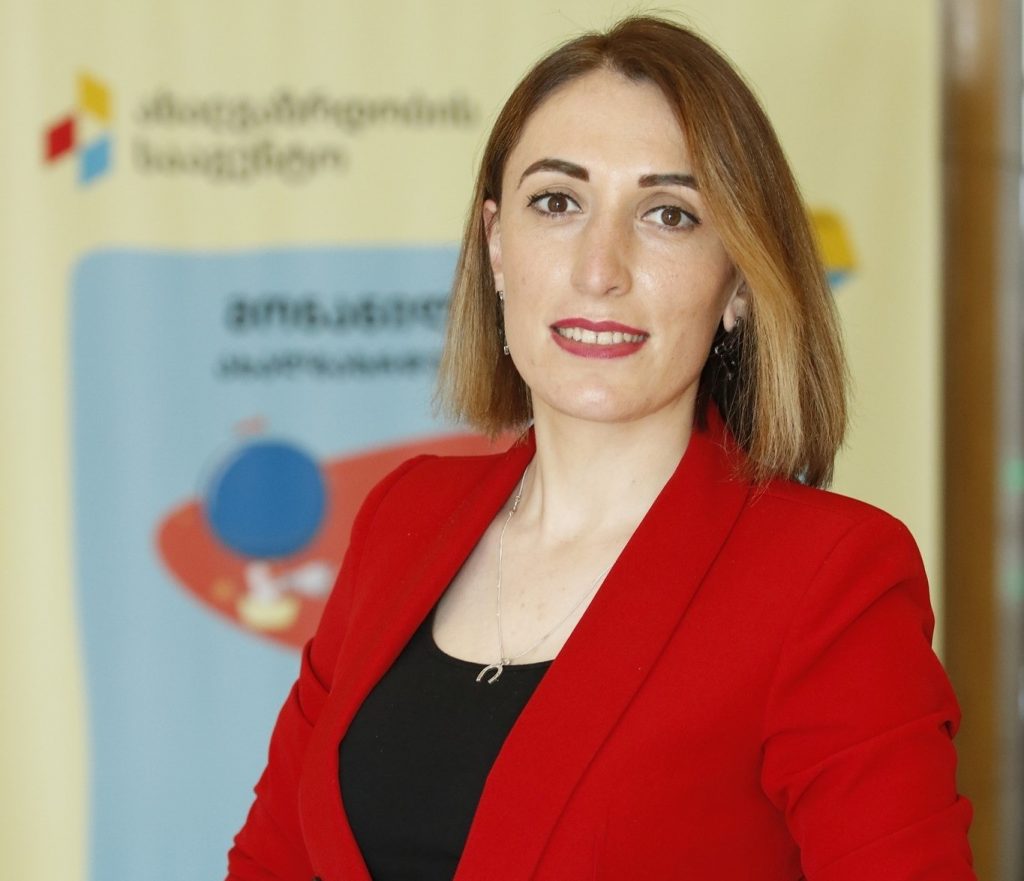
Asmat Bolkvadze lives and works in the mountainous Khulo municipality of the Adjara region. She is one of those who chose to devote her skills and experience to the community she comes from: it was years ago, after finishing her master’s degree in banking and finance at the University of Batumi, when she decided to go back to Khulo and engage in various development initiatives, both through volunteering activities and as a public servant.
“There is a need of more engagement and interest by people who have initiative and can lead, and the municipality should probably support them and make them more interested to come back,” the activist tells Civil.ge.
Asmat is particularly invested in initiatives regarding youth, non-formal education, tourism, and agriculture. One project that stands out is called “GEL 2 to solve 2 problems”: a volunteering activity she led engaged up to 400 persons, and raised enough funds to build a playground for local children, including by collecting paper waste. This way, she says the initiative could attain two objectives: care for children – but also for nature by reducing the environmental impact of cutting trees. She believes, however, that the conditions for more young people to stay in the region and take matters into their own hands are still not sufficiently met yet. “We need more workplaces here, such as enterprises, and many innovative projects initiated by youth,” Asmat notes.